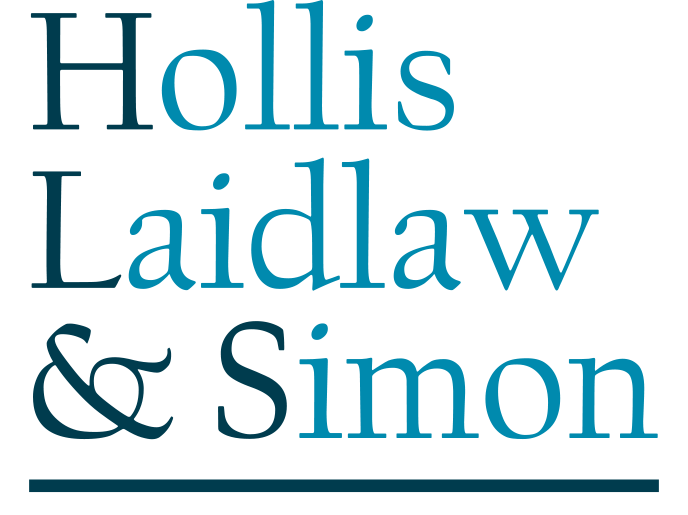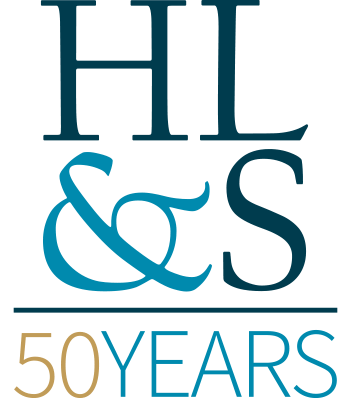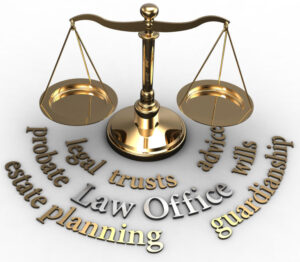New York imposes an estate tax on New York residents, and on non-residents’ real and tangible personal property located in New York. In 2023, if a decedent’s New York taxable estate is $6.58 million or less, no New York or federal estate tax is due (and if you fall into this category, you can stop reading).
In 2023, if the taxable estate exceeds $6.909 million then New York imposes an estate tax on the entire amount, at a graduated rate from 8%-16% (a lower rate is imposed on taxable estates between $6.58 and $6.909 million). This amount is commonly referred to as the New York estate tax cliff and is a set percentage (105%) of the New York estate tax exemption amount. This differs from the federal system where the estate tax is imposed only on the amount of assets above the exemption amount (currently $12.92 million). In addition, in New York, spouses cannot claim the exemption amount of a predeceased spouse; whereas in the federal system, a spouse can claim the exemption amount of a predeceased spouse which typically provides a surviving spouse with over $25 million in exemption from federal estate taxes.
Fortunately, there are several planning opportunities that can help an individual avoid the cliff:
(1) Make gifts. If your estate is above $6.58 million, and you are inclined to make gifts to family members or other individuals (other than your spouse) or charity, you can reduce your estate by making gifts. If you give the annual exclusion amount of $17,000 per individual beneficiary or less, then you do not need to file a federal gift tax return. If you give more than that amount to an individual, you will have to file a federal gift tax return, but no gift taxes will be due unless you have given away more than the federal lifetime exemption amount (currently $12.92 million). New York does not impose a gift tax, so no New York gift tax return is ever required. However, if a gift over the $17,000 annual exclusion amount is made within three years of death, it will be added back to your New York estate for New York estate tax purposes.
(2) Include a Credit Shelter Trust in your Will or Living Trust. When a spouse inherits assets from his or her spouse, no federal or New York estate tax is due on those assets. However, if all of the deceased spouse’s assets are transferred to the surviving spouse, although no federal or New York estate tax is due at that time, the $6.58 million New York exemption amount of the deceased spouse is lost. When the surviving spouse dies, all of his or her assets are subject to the New York estate tax if they are above the exemption amount of $6.58 million (in contrast to the federal estate tax system, where the surviving spouse can claim the exemption amount left over by the deceased spouse).
In order to “save” the predeceased spouse’s New York exemption amount, the Will or Living Trust can provide for the creation of a credit shelter trust. Upon the death of the first spouse, assets of up to $6.58 million would be transferred to the trust, to be used for the benefit of the surviving spouse, and the remaining assets would go outright to the surviving spouse. The assets transferred to the trust would not be subject to New York estate tax (or federal estate tax) as they do not exceed the exemption amount, and the assets going to the surviving spouse outright are also not subject to the New York or federal estate tax. Upon the death of the surviving spouse, the assets in the credit shelter trust are not subject to the New York or federal estate tax. The credit shelter trust is designed so that it can support the surviving spouse during his or her lifetime, but the assets are not subject to estate tax upon the death of the surviving spouse. As a result, up to $6.58 million is removed from the surviving spouse’s taxable estate. For example:
The deceased spouse has $10 million in assets, with $6.58 million transferred to the credit shelter trust and $3.42 million transferred outright to spouse; the $6.58 million is not subject to New York estate tax due to the New York exemption, and the remainder is also exempt from tax as it goes to the surviving spouse. Upon the death of the surviving spouse, only $3.42 million of the deceased spouse’s assets that were transferred outright to the surviving spouse are subject to the estate tax, as the trust assets are exempt from New York estate tax. If no credit shelter trust was established, upon the death of the surviving spouse, the entire $10 million of the predeceased spouse’s assets would be subject to the New York estate tax.
(3) Include a charitable “Santa Clause” provision in your Will or Living Trust. If your assets are approximately $6.58 million, it is possible to include a provision that would bequeath a portion of your assets to charity to keep your assets below the New York exemption amount, thereby avoiding New York estate tax on the entire amount. The amount bequeathed to charity would be no more than the amount in New York estate taxes that would otherwise be payable to the state (as determined by a formula, known as the “Santa Clause” provision). This provides you the opportunity to donate a portion of your assets to a charity (or charities) of your choice that otherwise would go to New York state. For example:
If your taxable estate is $7 million (and you are not leaving anything to a spouse), an estate tax of approximately $700,000 would be due to New York state. If your Will or Living Trust provides that $420,000 may be donated to charity, your taxable estate would be reduced to $6.58 million and not subject to the New York estate tax. Your individual beneficiaries would therefore receive approximately $280,000 more than if no charitable “Santa Clause” provision was included, and charities of your choosing would receive $420,000.
If you would like to discuss your estate plan and how to avoid the New York estate tax cliff, please reach out to the Trust and Estate team at Laidlaw & Simon P.C. for a complimentary consultation.













